April 15, 2025 | 03:51 GMT +7
April 15, 2025 | 03:51 GMT +7
Hotline: 0913.378.918
April 15, 2025 | 03:51 GMT +7
Hotline: 0913.378.918
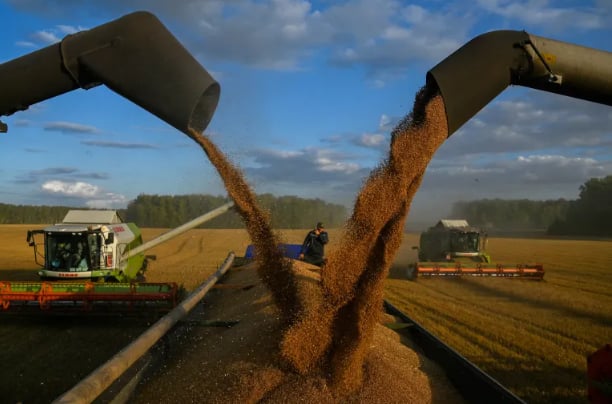
Combines load wheat into a truck during the harvest in the Cherlaksky district of Russia's Omsk region.
European Union trade ministers have agreed to impose prohibitive tariffs on grain and other agricultural products from Russia and Belarus from July 1.
The tariffs will be 95 euros ($102.76) per tonne for cereals and 50 percent of their value for oilseeds. Tariffs will also apply to beet-pulp pellets and dried peas. The ministers’ decision on Thursday follows a proposal from the European Commission on March 22.
The announcement of the new tariffs quickly drew Russian disapproval.
“The new messages from the EU will yet have to be analysed, but their ideology is clear – they want to squeeze Russia out of everything,” Russian Ministry of Foreign Affairs spokeswoman Maria Zakharova told reporters at a weekly briefing.
Vincent Van Peteghem, the finance minister of Belgium, which holds the rotating presidency of the EU, said the new tariffs were intended to stop imports of grain from Russia and Belarus into the EU “in practice”.
“These measures will, therefore, prevent the destabilisation of the EU’s grain market, halt Russian exports of illegally appropriated grain produced in the territories of Ukraine and prevent Russia from using revenues from exports to the EU to fund its war of aggression against Ukraine,” he said.
The EU’s grain imports from Moscow have risen since Russia’s invasion of Ukraine in February 2022.
Figures from the Eurostat statistics office show imports grew from under 120 million euros ($130m) in 2020 to 290 million euros ($314m) in 2021 and 440 million euros ($477m) in 2023.
Last year, Russia exported 4.2 million tonnes of cereals and related agricultural products to the EU worth 1.3 billion euros ($1.4bn). This represented about 1 percent of the EU market.
The commission has said there was a risk that imports could increase, given Russian overall wheat exports had risen to 50 million tonnes from the usual 35 million tonnes.
EU ministers said the increase in customs duties would not harm global food security because it would not affect the transit of the products through EU territory to third countries.
(Aljazeera)
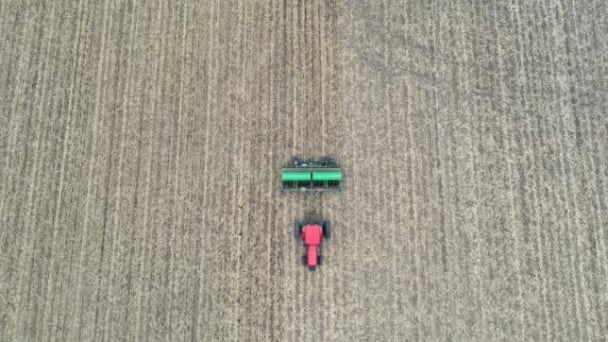
(VAN) Tariffs are making life more expensive for John Pihl. He's been farming in Northern Illinois for more than 50 years.
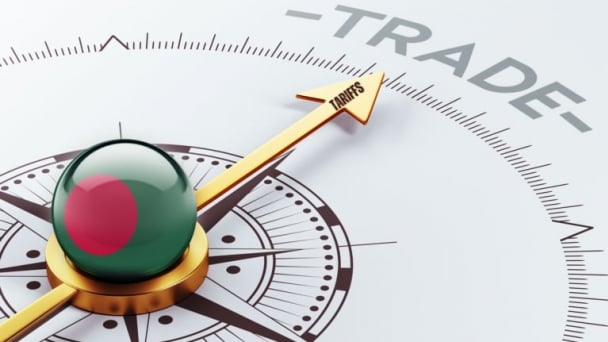
(VAN) European and American farmer organisations are concerned about the import tariffs that the United States introduced on 9 April for products from the European Union. This makes them 20% more expensive.
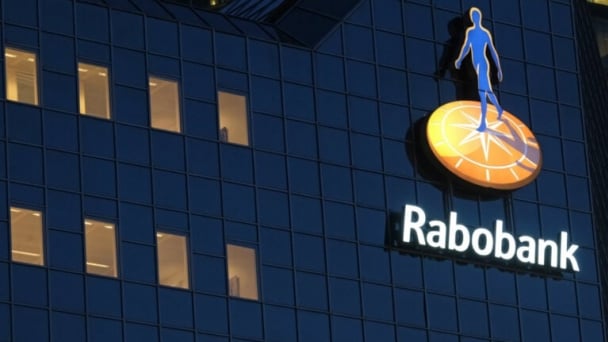
(VAN) Global poultry trade is expected to remain strong amid relatively tight global protein supply and growing consumption, RaboResearch concludes in its latest animal protein report.
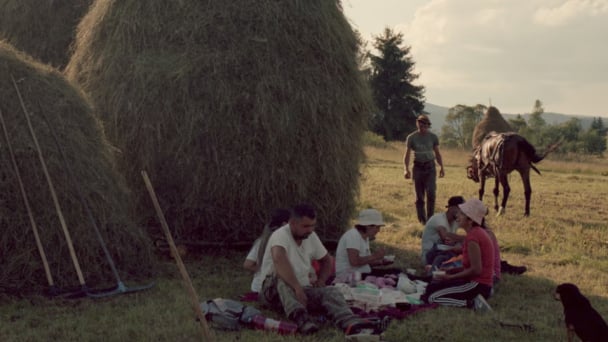
(VAN) Traditional methods benefit hundreds of species but as new agricultural techniques take over, the distinctive haystacks mark a vanishing way of life.

(VAN) The nation’s top banks are quietly advising their clients on how to build a financial life raft - or perhaps life yacht - from the wreckage of runaway climate change.
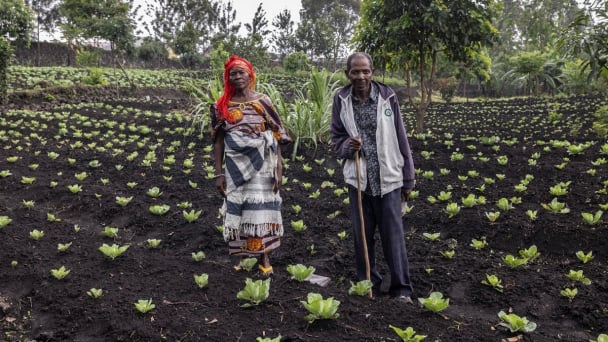
(VAN) From FAO Office in the Democratic Republic of the Congo.
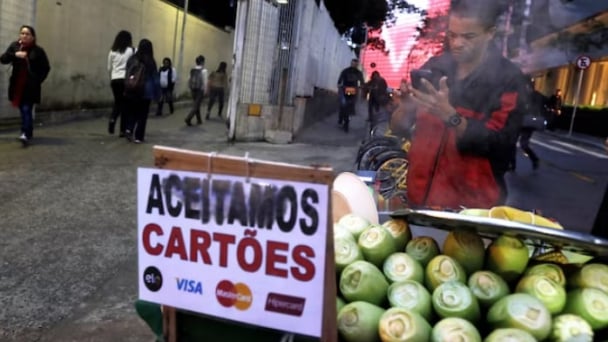
(VAN) Corn prices in the Campinas region have surged past 90 reais ($15.80) per 60-kg bag, the highest nominal level in nearly three years, marking a more than 23% jump year-to-date, according to the widely followed Cepea index from the University of Sao Paulo.